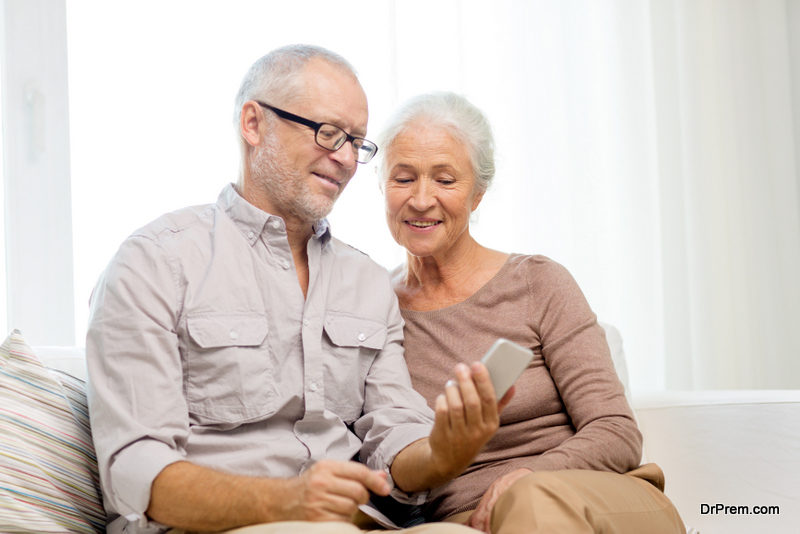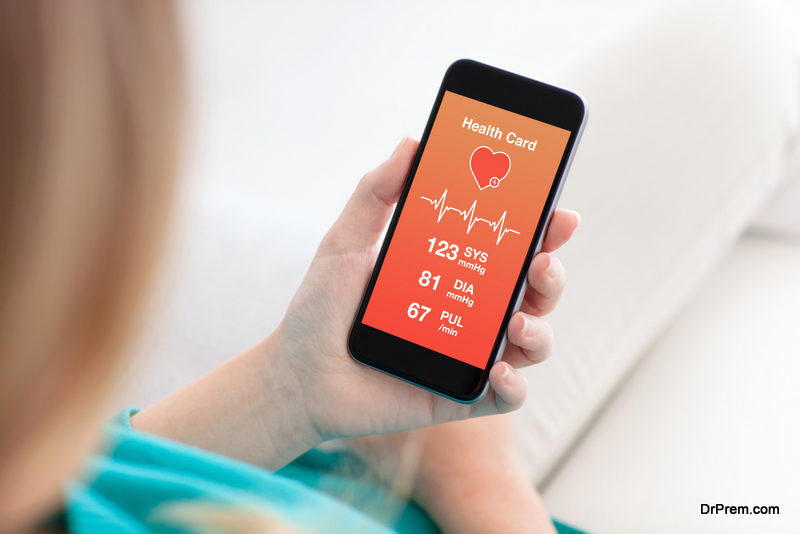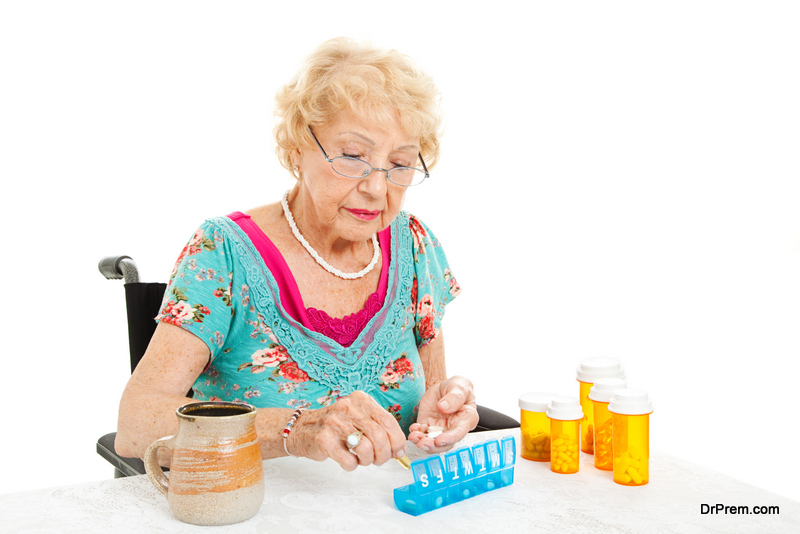Aging is an inevitable process that comes with its fair share of challenges. Seniors face particular challenges such as age-related illnesses, mental health problems, and little energy to do basic things for themselves. Aging also includes social isolation, which can have devastating effects on seniors. Some 43 percent of seniors feel lonely, and loneliness is considered as damaging to health as much as 15 cigarettes per day.
Your aging parent needs you now more than ever. Whether you live close or far away, it’s important to stay connected and present in your loved one’s life. Maintaining contact with your loved one helps you understand and address their needs, as well as providing peace of mind knowing they’re safe. It’s also greatly beneficial for their mood and essential for their wellbeing.
Below are four ways to stay connected to an aging parent.
1. Video Messaging
 Video messaging has evolved the world of long-distance communication. With just a click, a user can connect to a live video call with anyone in the world, or send and receive pre-recorded messages. Video messages offer an easier and more entertaining way of communicating across the distance. It’s the next best thing to being with someone in person and offers a way to involve loved ones in important moments when they can’t be present.
Video messaging has evolved the world of long-distance communication. With just a click, a user can connect to a live video call with anyone in the world, or send and receive pre-recorded messages. Video messages offer an easier and more entertaining way of communicating across the distance. It’s the next best thing to being with someone in person and offers a way to involve loved ones in important moments when they can’t be present.
Apps such as Facetime, Skype, Google Hangouts, or Duo can be downloaded to most mobile devices to make video messaging easily accessible. Even if your senior loved one isn’t tech savvy, you can teach them how to press a few buttons to navigate video messaging. Devices such as the Google Nest Hub or the Amazon Echo Show have revolutionized video calls even further, offering a stationary hub to facilitate video and regular phone calls, from watching videos to accepting incoming text messages, and much more.
2. Medical Alert Systems
Medical alert systems were originally intended for those at risk of falling to have an emergency button to access help. These systems have now innovated to include many other options, including two-way calling, medication reminders, carbon monoxide alarms, and more.
These systems usually consist of a home base that connects to a landline or uses cellular technology. Buttons affixed to a pendant or wristband, or buttons placed around the home enable access to help when needed. A dispatcher from a call center can determine the emergency and send the appropriate personnel, as well as contact loved ones from a list of emergency contacts. This communication process may occur automatically if the device is equipped with automatic fall sensors. Similarly, it may also initiate contact if the user has a GPS unit and wanders outside predetermined boundaries. Some systems also offer monitoring through an app so you can check on your loved one without frequent calls.
Aside from staying connected with your loved one in the event of emergencies, the systems can be used for two-way calling. This feature allows you to check in through a convenient, easy-to-use method.
3. Mobile Apps
 Mobile apps are no longer exclusive to tech-savvy users. Many apps have been designed with senior care or senior users in mind. Mobile apps may be designed to provide entertainment for seniors, incorporating activities like puzzles and word games in a simple, easy-to-use format with large buttons and text. Care giving apps are designed to monitor and track care giving tasks, meals, and vitals such as blood pressure and blood sugar levels. Family members can access care-giving apps so they can stay connected and observe their loved one’s daily health information.
Mobile apps are no longer exclusive to tech-savvy users. Many apps have been designed with senior care or senior users in mind. Mobile apps may be designed to provide entertainment for seniors, incorporating activities like puzzles and word games in a simple, easy-to-use format with large buttons and text. Care giving apps are designed to monitor and track care giving tasks, meals, and vitals such as blood pressure and blood sugar levels. Family members can access care-giving apps so they can stay connected and observe their loved one’s daily health information.
Mobile apps also make it easier for seniors to communicate. Voice-to-text features on messaging apps enable seniors to communicate despite vision and dexterity impairments. With this app feature, you can maintain direct contact with your loved one in a way that’s accessible to them.
4. Medication Reminders
Memory problems are common with aging, but forgetting medication can be a major problem, especially when prescribed multiple medications. This can be difficult for anyone to keep track of, but is especially challenging for seniors who may find themselves becoming increasingly forgetful. This can be upsetting to their loved ones who can’t be around to provide those reminders themselves.
Medication reminders can take on various forms, from a computer unit to a mobile app. These provide reminders to your loved one to take their critical medications as prescribed. Additionally, many medication reminders come with a caregiver monitoring option, allowing one to check medication history and status to ensure a senior is taking their medications as intended.
Spending time with your loved one in person is always the best form of staying connected, but these additional options are invaluable when that’s not possible. Being involved in their lives and reaching out can go a long way in lifting a loved one’s spirits, no matter how it’s done.
Article Submitted By Community Writer




